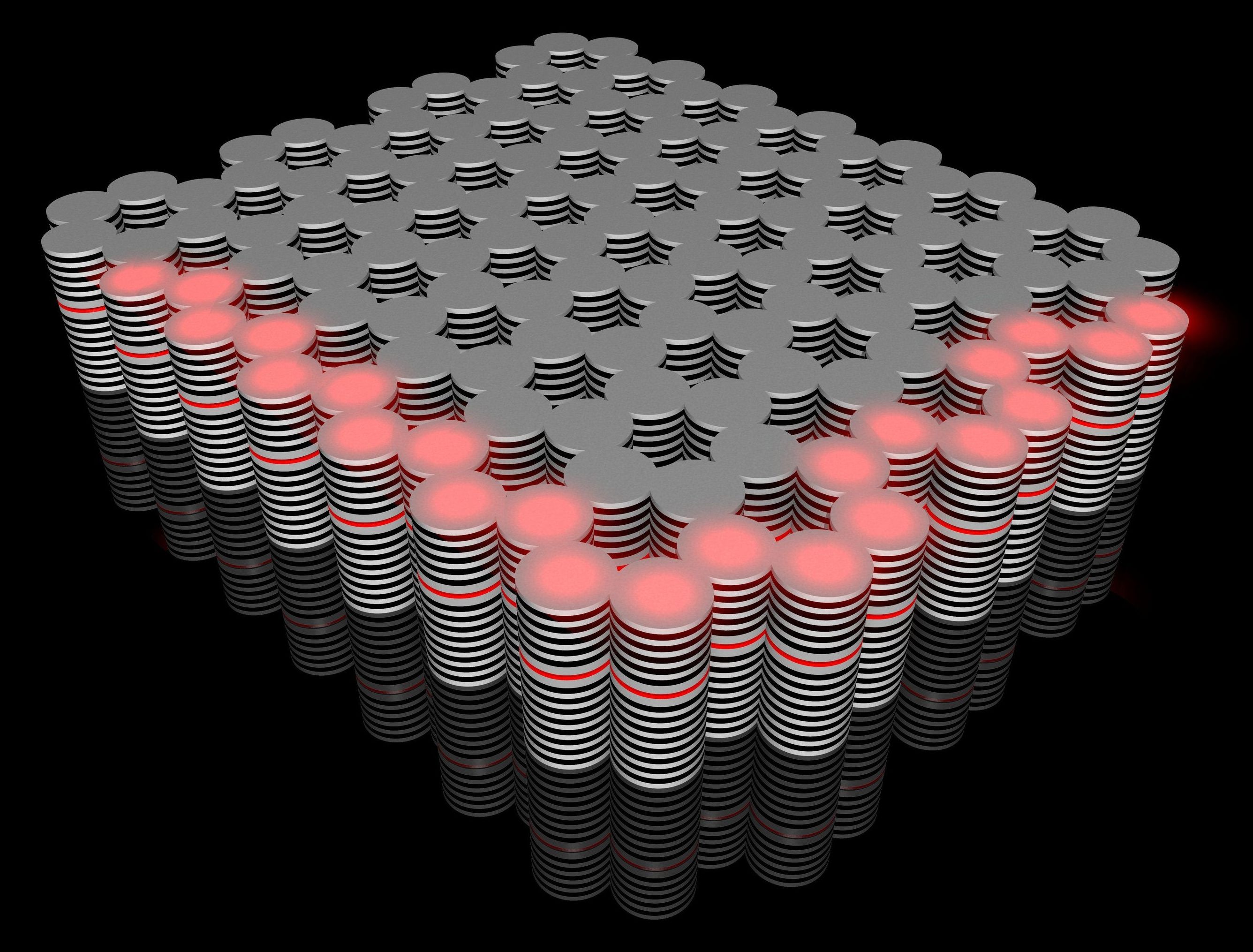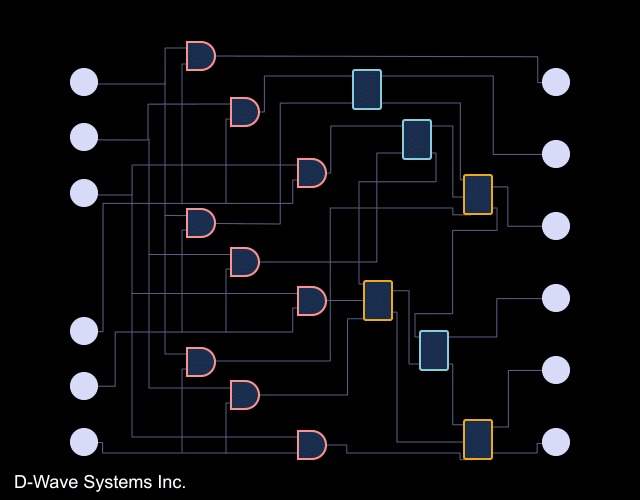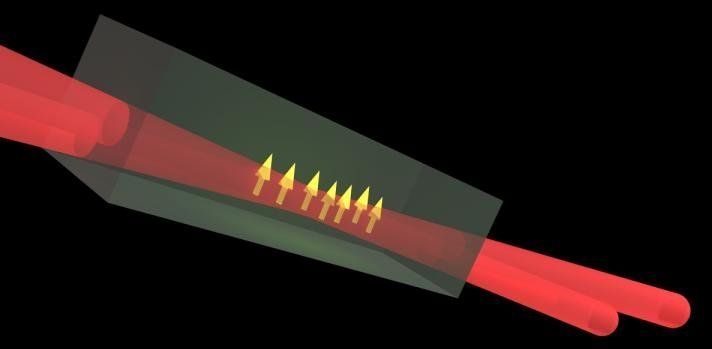Oct 16, 2018
Molecular semiconductors could be the future of electronics, and this new technique offers a way to mass produce them
Posted by Genevieve Klien in categories: materials, nanotechnology
Visions for what we can do with future electronics depend on finding ways to go beyond the capabilities of silicon conductors. The experimental field of molecular electronics is thought to represent a way forward, and recent work at KTH may enable scalable production of the nanoscale electrodes that are needed in order to explore molecules and exploit their behavior as potentially valuable electronic materials.
















